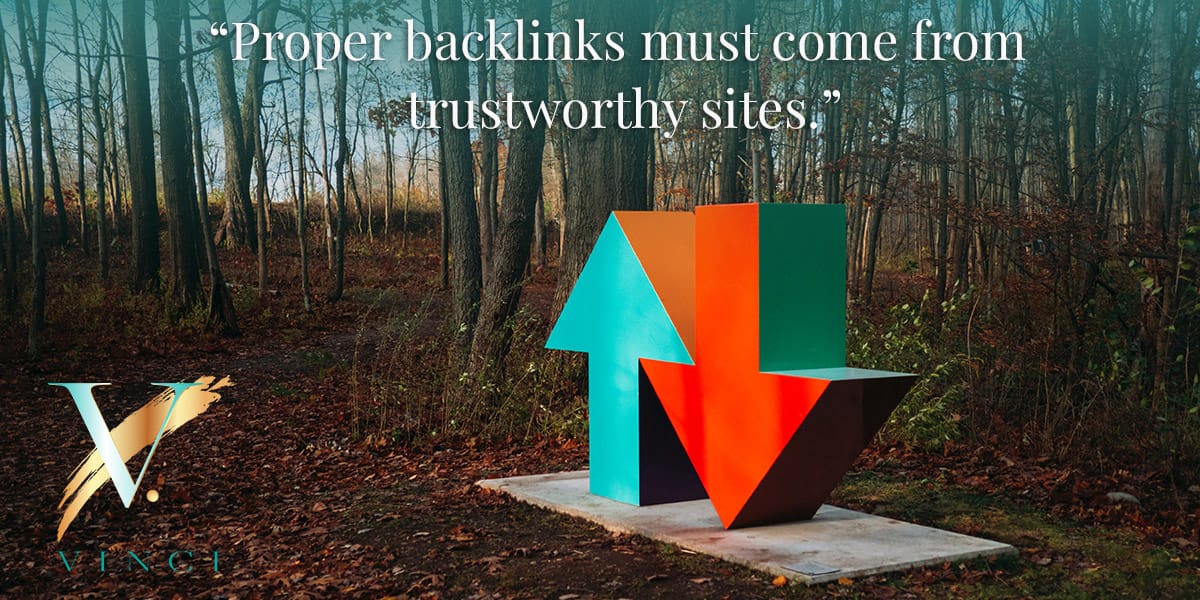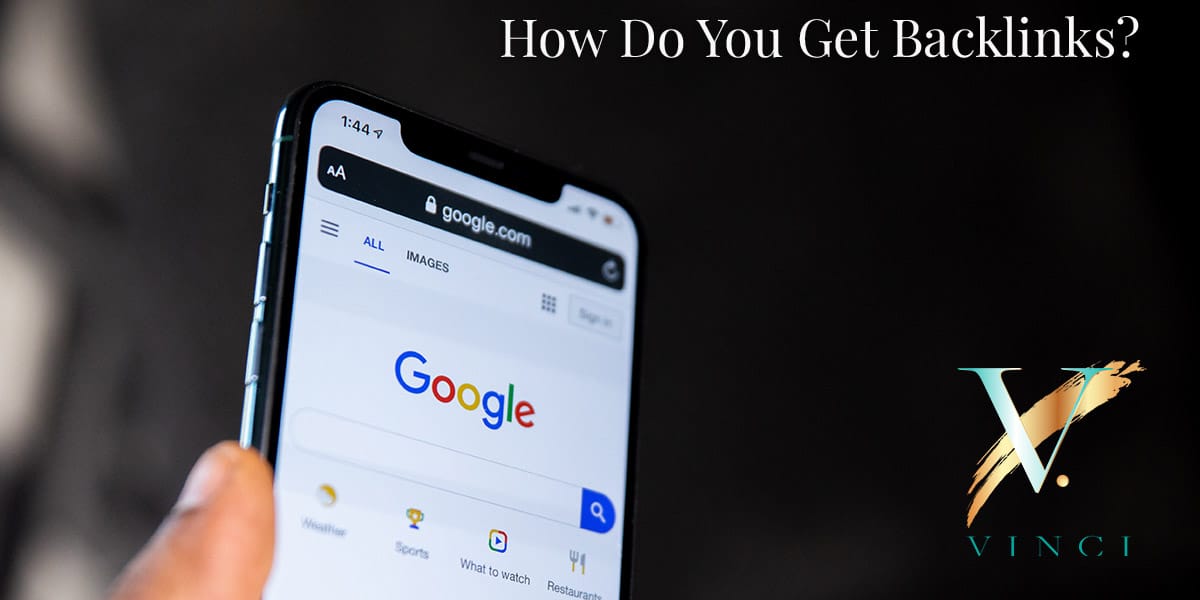Back in the days when Google founders Larry Page and Sergey Brin were considering the concept of a web-based search engine, the initial purpose was to search and catalog research papers. That makes sense if you remember that Page and Brin were grad students at Stanford University. The initial name for their project was Backrub because it specifically looked for backlinks.
In the world of research papers, having a reference means everything. It shows that you’ve done the research and are referencing information to support your hypothesis. Good papers had plenty of backlinks.
The name Backrub didn’t last long, but the concept of backlinks and their importance continues today. Even when the founders of Google decided their search engine had more promise than they initially thought, they factored backlinks into their first algorithm.
Today, Google is a billion-dollar company with its fingers in many pies, but it still believes backlinks matter in content. If you want your pages to rank high in search results, you need a few backlinks as references to show you know what you are talking about in your content. You also need backlinks from other sites to drive traffic to your website.
If you want to understand search engine optimization (SEO), then backlinks are an excellent place to start.
What Are Backlinks?

Backlinks are hyperlinks inserted into content to draw people to another website. Their primary goal, though, is to show the linked-to site is an authority in the topic of the content.
Simply put, if you own Acme Hardware and Joe the Handyman links to your blog as a reference, it shows that your website is an authority in home DIY products. Having a backlink can:
- Bring traffic to your website
- Increase your brand’s internet presence
- Push you up on the search engine rankings
At the very least, readers also see that Joe thinks you are the authority in all things DIY, so they do too. People who write blog posts and read Joe’s for information may also backlink to you as the original authority.
Not All Backlinks Matter

The downside of the backlinks game is they don’t all count. Google factors in relevance on backlinks, too. So if a bakery site backlinks to Acme Hardware on a frosting recipe, Google won’t like that much. Proper backlinks must come from trustworthy sites and be relevant to the content.
Backlinks Are a Two-Way Street

Backlinks are critical whether you are Acme Hardware or Joe the Handyman. In other words, it is essential to get backlinks and provide them as well. Google also looks for relevant, authoritative backlinks on websites when they grade the quality of the content.
Shady, spam-laced websites tend to have no backlinks or bad ones. That makes Google think the content is spun or AI-generated, which hurts the page SEO, which in turn hurts the brand. So, if you create content for your brand, you have two goals when it comes to backlinks:
- To get some for your brand
- To use them on your content pages
Google will give you algorithm brownie points for both.
What Type of Backlinks Do You Want

There are certain things search engines look for in backlinks. You should keep them in mind whether you are providing the links are getting them from someone else.
Website Quality
Google looks for quality in all things. So you want backlinks to your website to be from quality, hopefully authoritative, sites. So, for example, if you get a backlink for a major online newspaper, that’s gold.
If you get one from a random blog and their quality is good, that helps. However, getting a backlink from a poor-quality website with lots of keyword stuffing and poor grammar won’t help you at all.
Target Keywords
Google looks for a connection between the anchor text and the website link. For instance, to Google, a backlink looks like this:
“<a href = “www.acmehardware.com/tools” the right tools matter</a>”
When Google sees the Acme Hardware URL with the anchor text “the right tools matter,” it is able to connect the dots. If the anchor text reads: “the perfect cupcake frosting” it may not credit the backlink.
That means not only is anchor text important on the linking website, but page URLs are also critical. You could have the same problem if the URL was www.acmecupcakefrosting and the anchor text read “the right tools matter.”
Content Relevance
Google will look beyond the anchor text and the URL, too. If both are right, it still expects the opening page to be about tools. If a recipe for cupcake frosting opens, it will confuse both the reader and Google.
Nofollow
Hyperlinks can have one additional tag that will make the backlink useless. The “nofollow” tag tells Google to ignore the link. They are somewhat rare, though. The default code is automatically “follow.” If there is no tag, Google will look at the backlink. The “nofollow” tag is for paid or sponsored content. That automatically tells you that paying for backlinks is a bad idea.
How Do You Get Backlinks?

Brands want backlinks. They want Google to see them as the authorities in the industry. Backlinks, especially good ones, are not easy to get, though. The best way is to be just that – the authority in your industry. Create good content that is informative and has substance.
Some other tools to help you get backlinks include:
- Get the attention of an industry influencer – You might have to reach out to them to get it
- Guest blog – One of the best ways to get backlinks. You can barter with vendors and other companies to guest blog for each other.
When you get backlinks, check them regularly to ensure they work. You can reach out if you find broken links and offer corrections.
Are you looking to enhance your website SEO? We would love to help you out. Contact us today at Vinci Digital to request a consultation.











